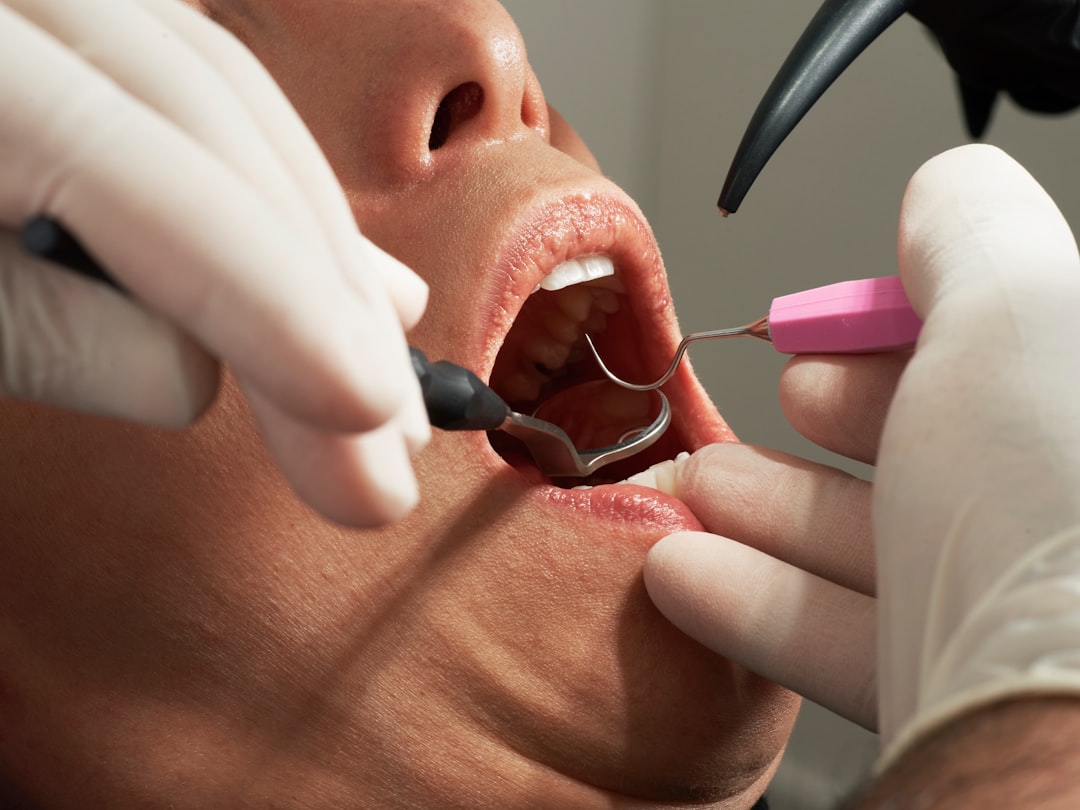What is it about?
The study uses Taiwan's National Insurance Database to test the hypothesis that better oral health is associated with lower odds of dementia. Multiple potential risk factors including an assortment of medical and dental metrics were analyzed by comparing more than 200,000 new dementia cases with more than 800,000 of their dementia free countrymen.
Featured Image

Photo by Todd Cravens on Unsplash
Why is it important?
This study is important for two reasons. 1. It precisely documents a wide variety of associations between suspected risk factors and dementia including often ignored oral health care issues. It provides support for the hypothesis that dementia results from a chronic inflammatory process maintained by low level microbial infections including those resident in the lungs and oral cavities. The study also demonstrates the real value of a comprehensive national medical/dental database for analyzing very subtle influences within complex medical problems.
Perspectives
The study demonstrates once again that oral health care has far reaching effects on one's general health. This is especially true for those with dementia who are increasingly unable to attend to their own oral hygiene. The association with oral care suggests that routine oral hygiene and perhaps antimicrobial washes may be important strategies to prevent, delay and/or slow the progress of aging associated cognitive decline for both health and cognitively impaired populations.
James Caffrey
University of North Texas Health Science Center Fort Worth TX
Read the Original
This page is a summary of: Examining the association between oral health status and dementia: A nationwide nested case-controlled study, Experimental Biology and Medicine, February 2020, SAGE Publications,
DOI: 10.1177/1535370220904924.
You can read the full text:
Contributors
The following have contributed to this page










